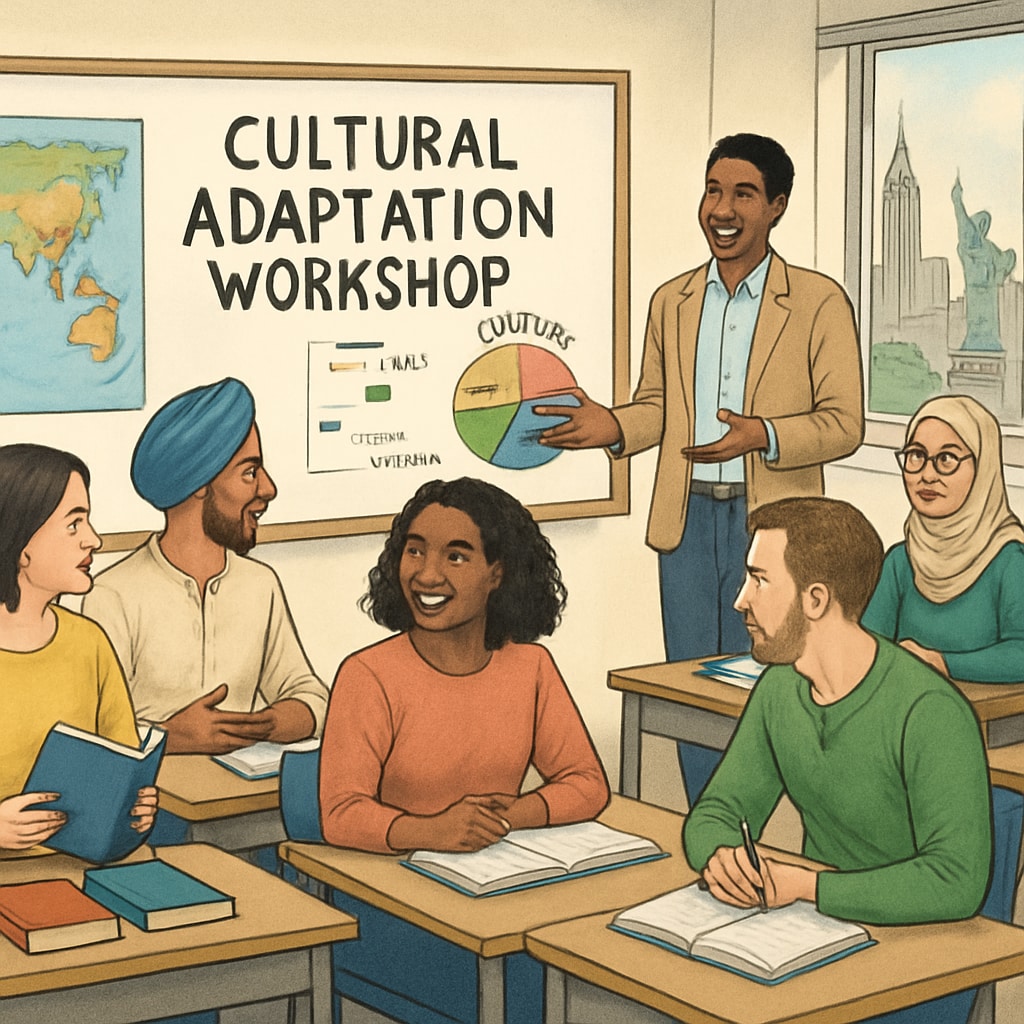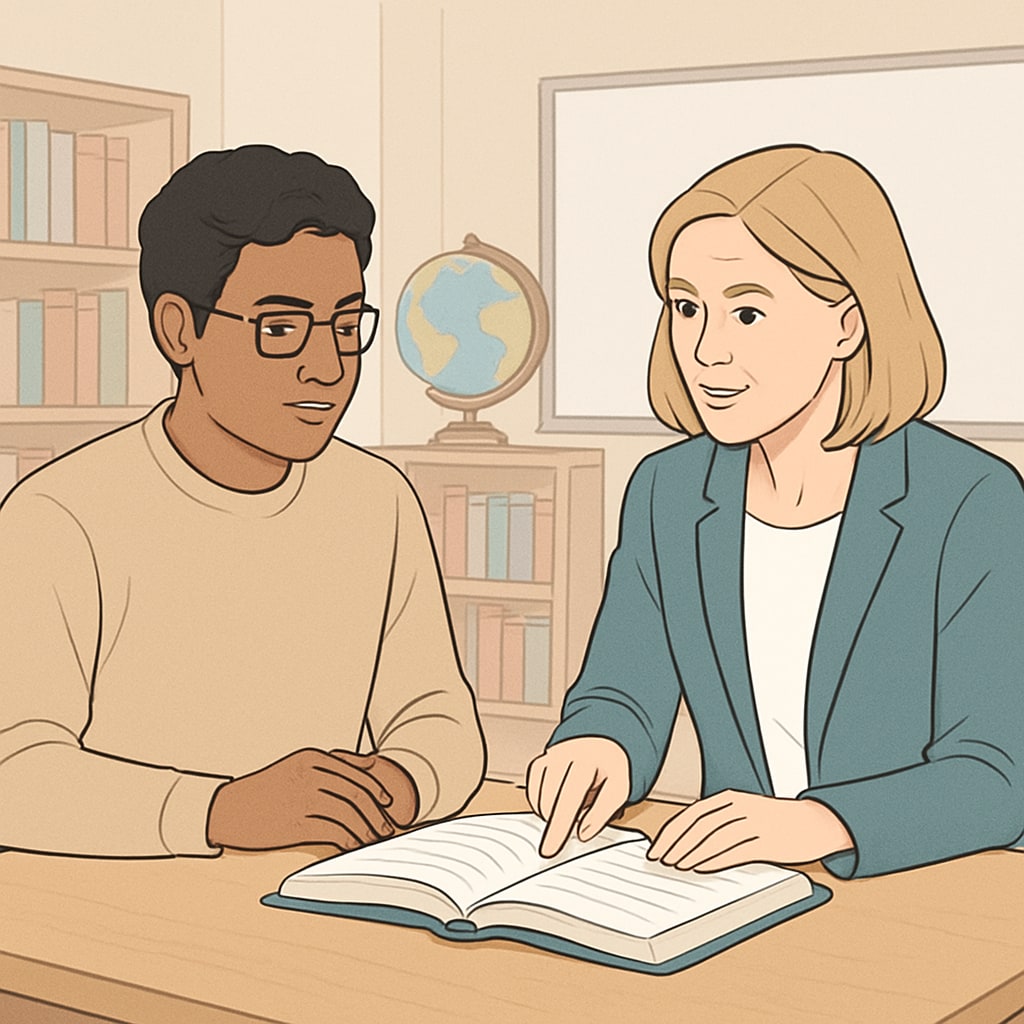In today’s interconnected world, adult education has become a cornerstone for fostering cultural adaptation and foundational knowledge among international students. For adult learners, immersing themselves in a new culture often involves unique challenges, including language barriers, social norms, and academic expectations. Tailored educational resources, particularly in metropolitan hubs like New York, can play a significant role in addressing these needs and creating smoother transitions into Western society and academia.
The Importance of Cultural Adaptation for Adult Learners
Cultural adaptation refers to the process of adjusting to a new cultural environment, which includes understanding societal norms, communication styles, and institutional systems. For adult international students, this process can be daunting but is essential for academic success and personal well-being. A lack of cultural familiarity can lead to feelings of isolation, misunderstandings, and even academic underperformance.
Adult learners, unlike younger students, often juggle multiple responsibilities such as work, family, and education. This makes it even more crucial to provide accessible and relevant foundational resources that cater to their specific needs. For example, programs focusing on cultural norms in the classroom, workplace etiquette, and community engagement can significantly empower adult students.

Available Educational Resources in New York
New York City, with its diverse population and global reputation, offers a plethora of educational resources for adult international students. These resources aim to provide not only foundational knowledge but also the skills necessary for cultural integration. Below are some key offerings:
- English as a Second Language (ESL) Programs: Numerous institutions in New York offer ESL courses tailored to adults. These programs focus on practical language skills required for daily life, academic settings, and professional interactions.
- Community Workshops: Organizations such as the NYC Department of Immigrant Affairs host workshops on topics like cultural norms, healthcare navigation, and legal rights.
- Public Libraries: Libraries across New York offer free classes on digital literacy, citizenship, and cultural history, which can be instrumental for international students.
- University Outreach Programs: Many universities, including NYU and Columbia, provide cultural orientation sessions and mentoring programs for their international adult learners.
These resources not only enhance cultural adaptation but also foster a sense of belonging and community among international students.
Strategies to Support Cultural Adaptation
To maximize the benefits of these resources, it is essential to adopt targeted strategies that address the unique challenges faced by adult learners. Here are some effective approaches:
- Customized Curriculum: Programs should be designed to address the specific challenges of adult learners, such as balancing work and study or adapting to academic norms.
- Peer Support Groups: Encouraging interaction among international students can create a supportive environment where individuals feel comfortable sharing experiences and learning from one another.
- Cultural Mentors: Pairing students with mentors who are familiar with both the local culture and the challenges of adaptation can provide invaluable guidance.
- Flexible Learning Options: Online courses or weekend workshops can cater to the busy schedules of adult learners.

Conclusion: Building Bridges to Success
Adult international students bring diversity, innovation, and unique perspectives to the communities they join. By providing comprehensive educational resources focused on cultural adaptation and foundational knowledge, institutions can empower these learners to overcome challenges and contribute meaningfully to society. As demonstrated by the diverse opportunities available in New York, investing in such resources is not just beneficial for the students but also enriches the broader community.
For anyone interested in exploring these resources further, check out institutions like NYPL for free programs or connect with local cultural organizations to stay informed about workshops and events.
By bridging cultural gaps through education, we create a more inclusive and vibrant society for everyone involved.


